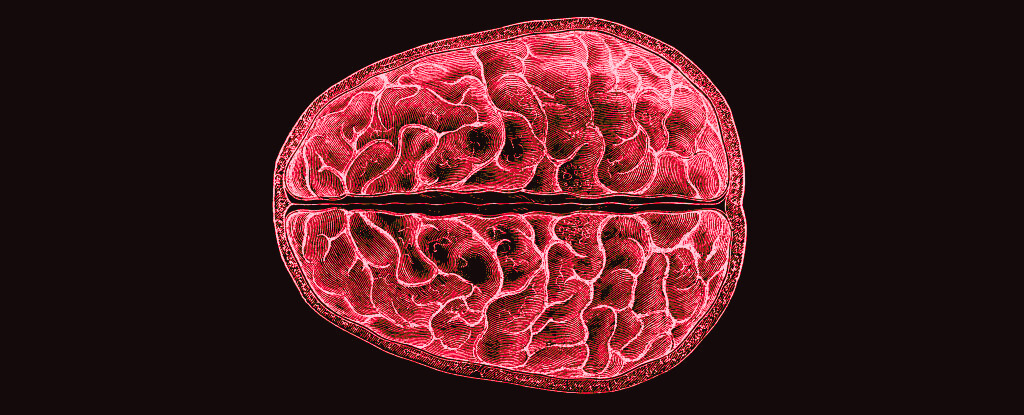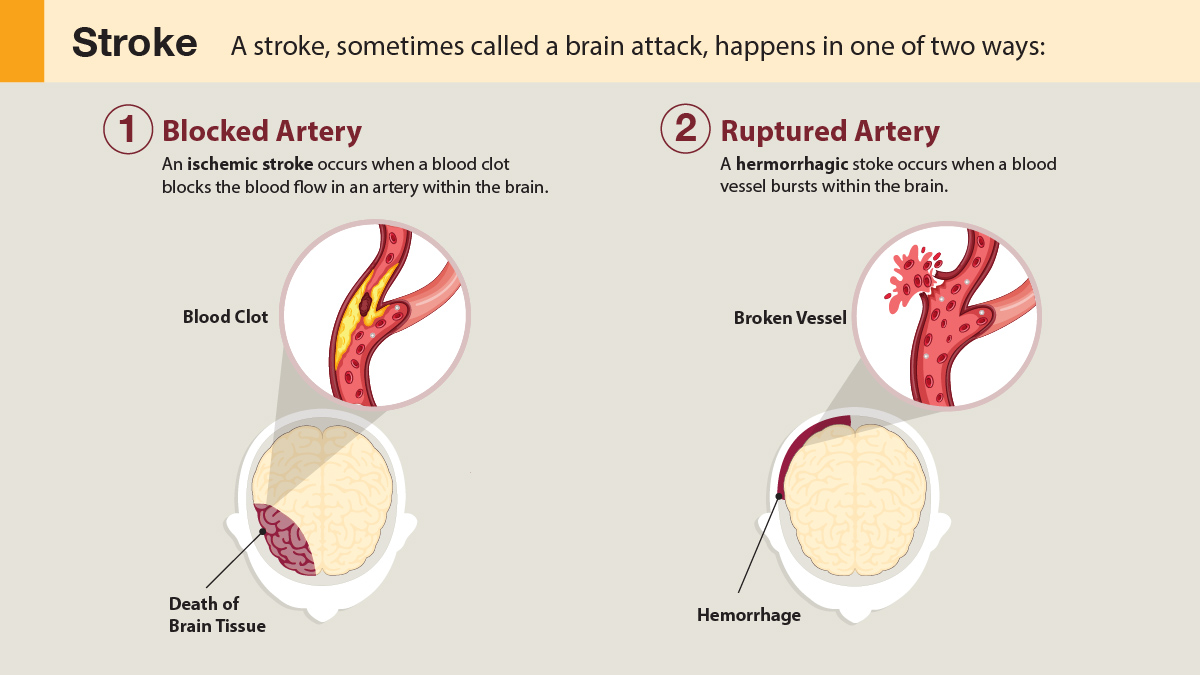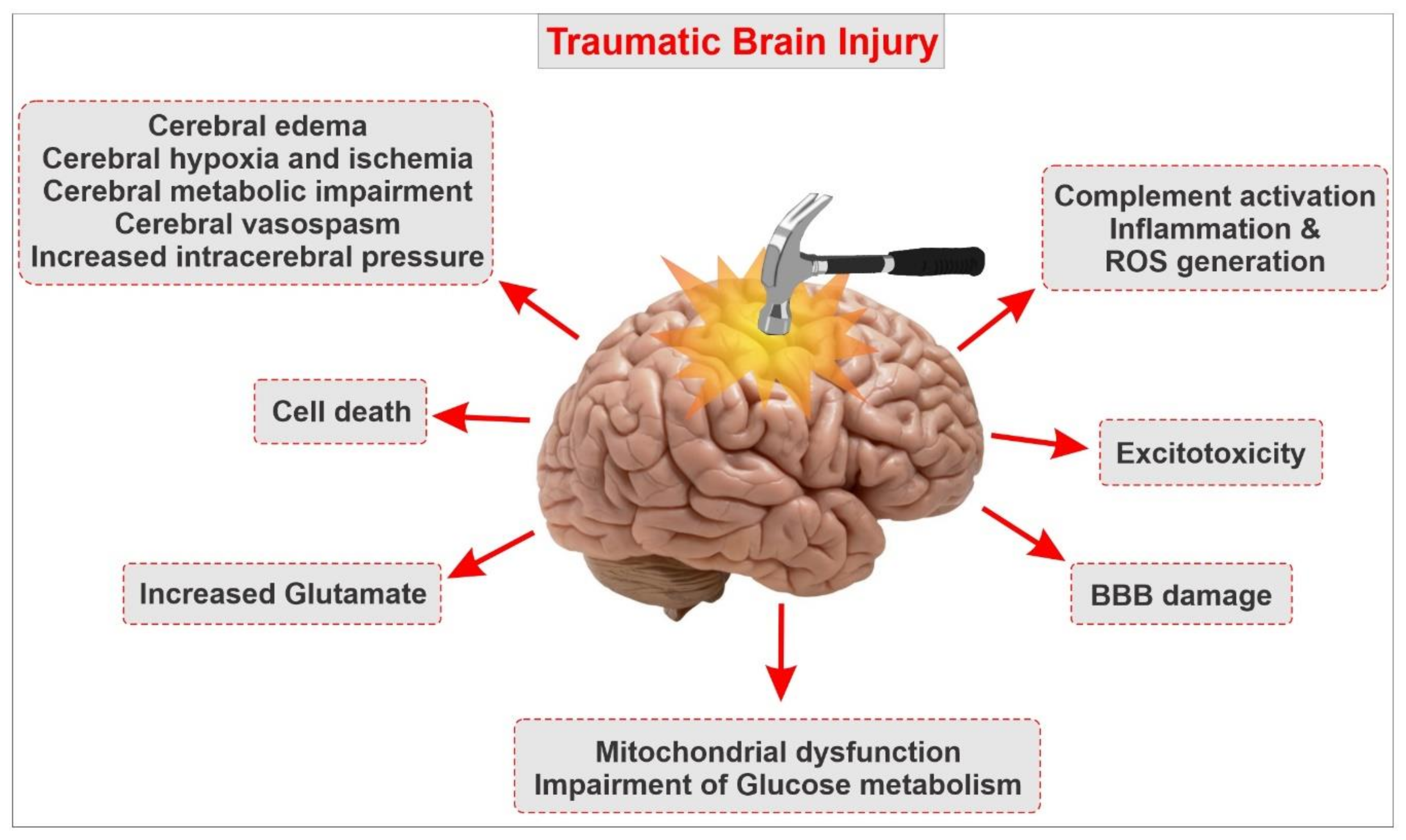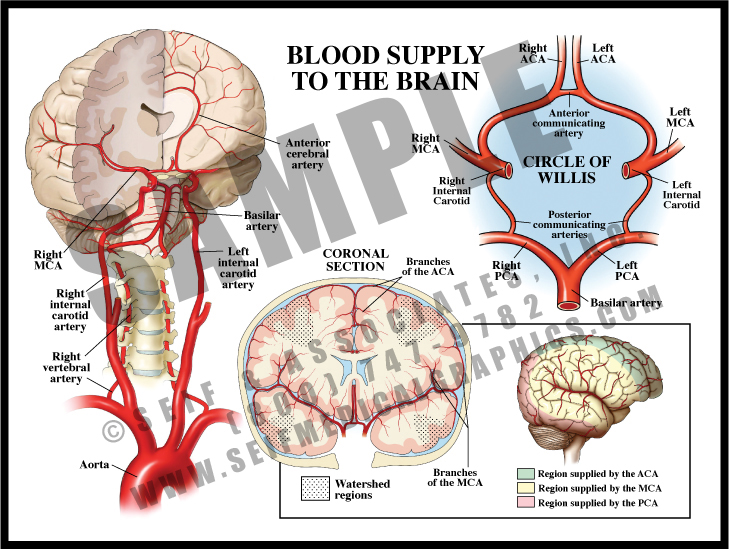- Home
- period brain
- PDF] The plasticity of human maternal brain: longitudinal changes in brain anatomy during the early postpartum period.
PDF] The plasticity of human maternal brain: longitudinal changes in brain anatomy during the early postpartum period.
4.7 (312) · $ 21.99 · In stock
The first months of motherhood in humans are accompanied by structural changes in brain regions implicated in maternal motivation and behaviors, and increased gray matter volume in the midbrain including the hypothalamus, substantia nigra, and amygdala was associated with maternal positive perception of her baby. Animal studies suggest that structural changes occur in the maternal brain during the early postpartum period in regions such as the hypothalamus, amygdala, parietal lobe, and prefrontal cortex and such changes are related to the expression of maternal behaviors. In an attempt to explore this in humans, we conducted a prospective longitudinal study to examine gray matter changes using voxel-based morphometry on high resolution magnetic resonance images of mothers' brains at two time points: 2-4 weeks postpartum and 3-4 months postpartum. Comparing gray matter volumes across these two time points, we found increases in gray matter volume of the prefrontal cortex, parietal lobes, and midbrain areas. Increased gray matter volume in the midbrain including the hypothalamus, substantia nigra, and amygdala was associated with maternal positive perception of her baby. These results suggest that the first months of motherhood in humans are accompanied by structural changes in brain regions implicated in maternal motivation and behaviors.

The Neurobiology of Postpartum Anxiety and Depression: Trends in Neurosciences

3 Development Happens in Contexts: Overview of Early Life Critical Influences, Vibrant and Healthy Kids: Aligning Science, Practice, and Policy to Advance Health Equity

Sensitive periods in human social development: New insights from
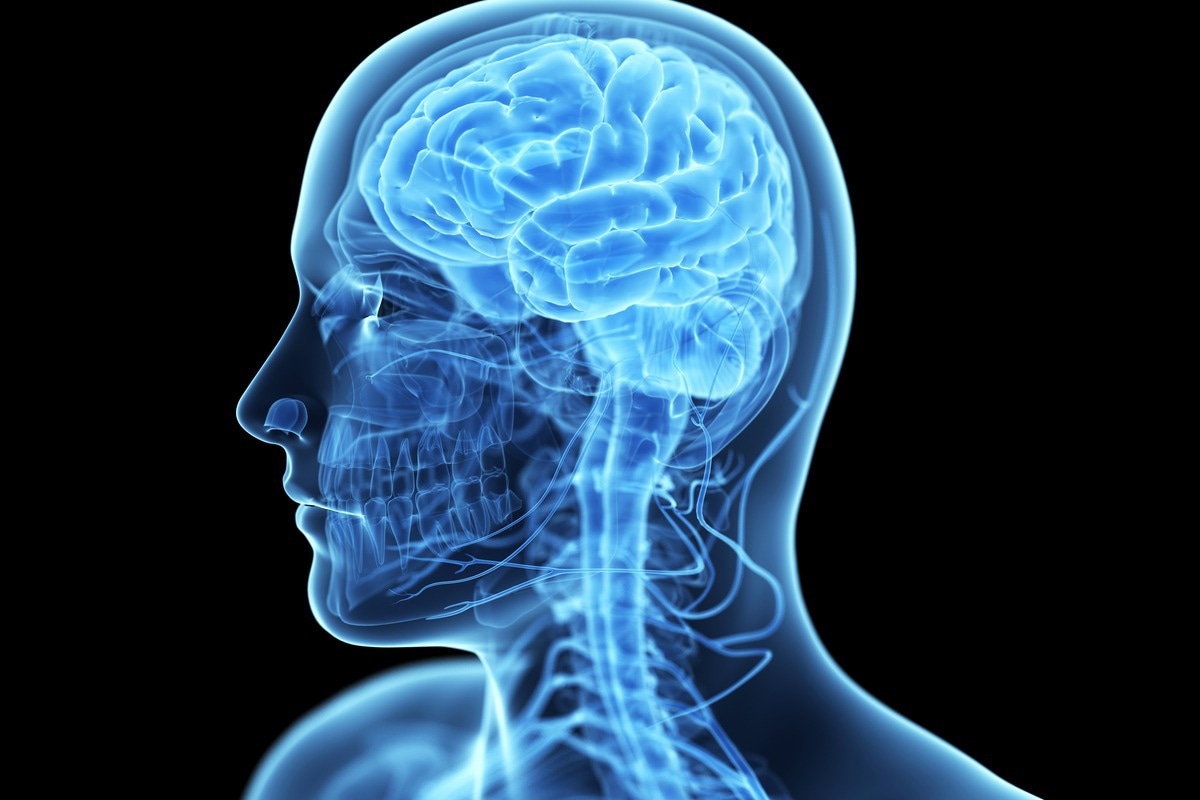
Biological Changes During Fatherhood

Maternal stress in the postpartum period is associated with altered human milk fatty acid composition - Clinical Nutrition

Cortical thickness variation of the maternal brain in the first 6 months postpartum: associations with parental self-efficacy

The neuroanatomy of pregnancy and postpartum - ScienceDirect
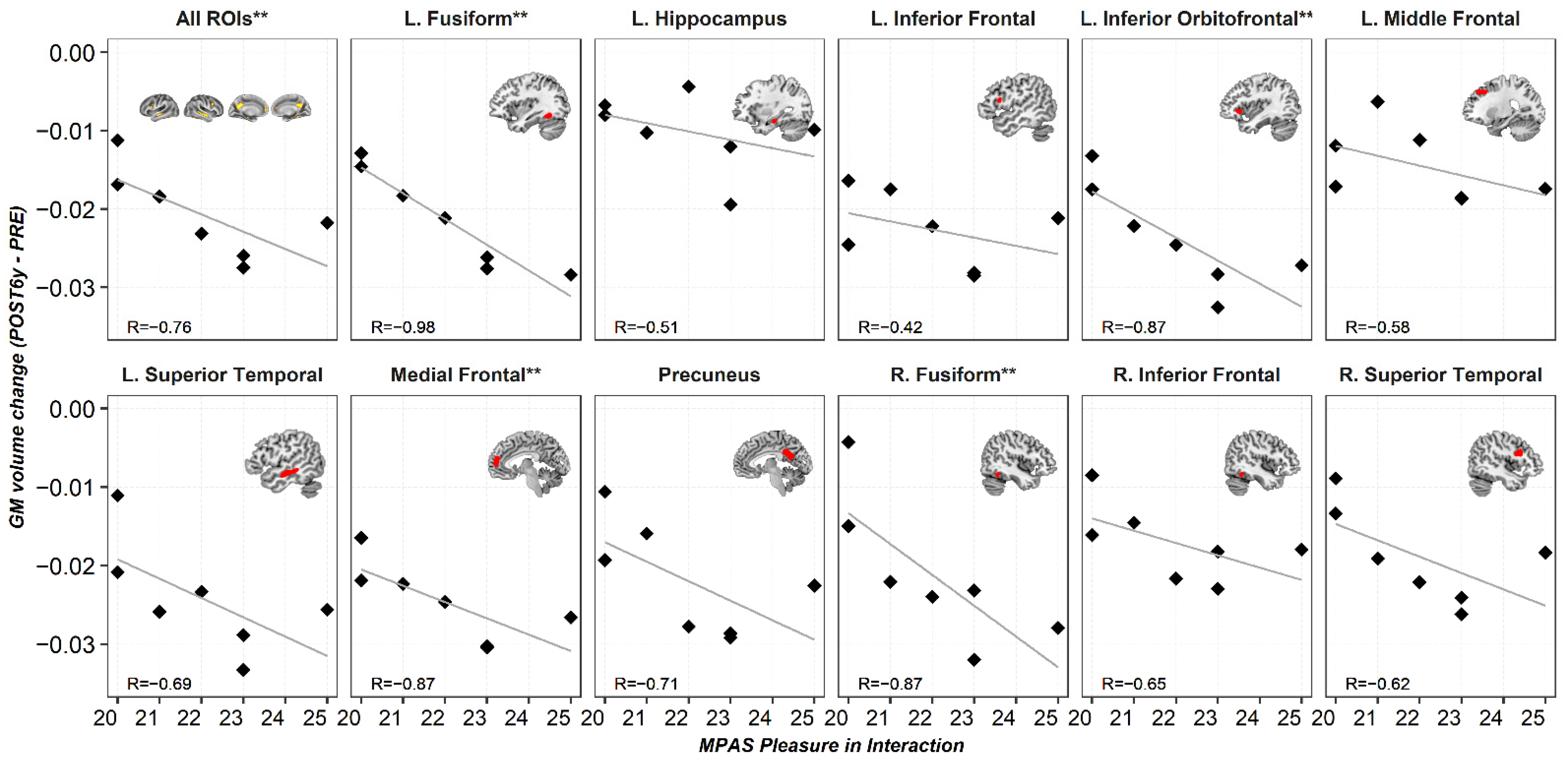
Brain Sciences, Free Full-Text

Approaching the biology of human parental attachment: brain imaging, oxytocin and coordinated assessments of mothers and fathers. - Abstract - Europe PMC

Recent Neuroscience Advances in Human Parenting

Paternina-Die Et Al-2024-Nature Neuroscience, PDF, Childbirth






![PDF] The plasticity of human maternal brain: longitudinal changes in brain anatomy during the early postpartum period.](https://d3i71xaburhd42.cloudfront.net/996106f68fbd3825c0c374603813bf36b4711121/4-Figure1-1.png)

